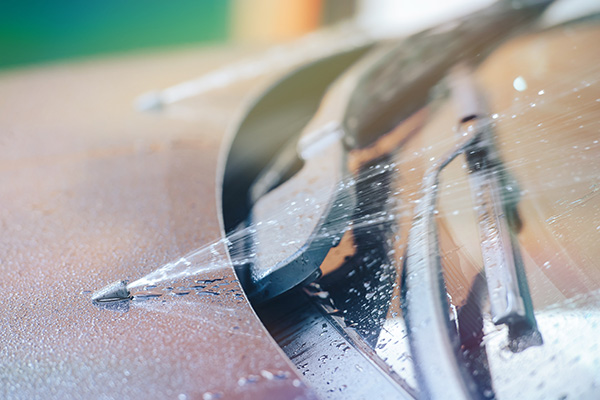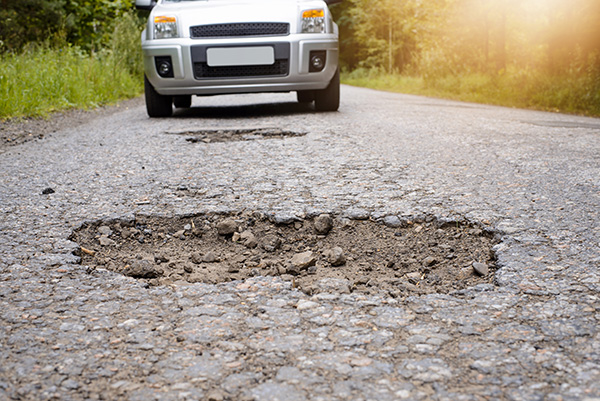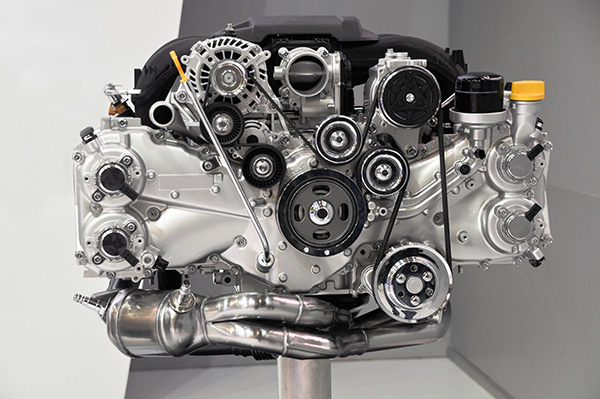Posted on 3/28/2025

When your windshield washer fluid suddenly stops spraying, it can catch you off guard—especially when you really need it. A malfunctioning washer system can quickly become a safety concern, whether it's due to a clogged nozzle, a worn-out pump, or an electrical issue. Clear visibility is necessary in any driving condition, so it’s important to figure out what’s causing the issue and take care of it before it leads to bigger problems. Is There Fluid in the Reservoir It might sound obvious, but low or empty washer fluid is one of the most common causes of a no-spray situation. The reservoir is often tucked away in a corner of the engine bay, and it’s easy to forget about until the light comes on—if your car even has one. Sometimes the tank isn’t actually empty but has old, diluted, or contaminated fluid that clogs the lines or nozzles. If you’ve topped it off with water or mixed different fluid types, you might end up with ... read more
Posted on 2/28/2025

Every spring, it feels like potholes are everywhere, turning once-smooth roads into obstacle courses. If you’ve ever wondered why they seem to get worse after winter, the answer lies in how roads react to cold temperatures, moisture, and traffic. Potholes aren’t just an inconvenience—they can cause serious damage to your tires, wheels, and suspension. So, what exactly makes them form, and why do they seem to multiply when winter ends? How Potholes Form Potholes are caused by the expansion and contraction of water beneath the pavement. When moisture seeps into cracks in the road, it settles underneath the surface. In colder months, freezing temperatures turn that water into ice, which expands and pushes against the pavement from below. This weakens the road structure, creating small gaps and fractures. As temperatures rise, the ice melts, leaving empty pockets under the pavement. The weight of passing vehicles puts stress on these weak spots, eventu ... read more
Posted on 1/31/2025

Has your car been guzzling oil faster than usual? Excessive oil consumption is more than just a mild inconvenience—it’s often a sign that something deeper is going on under the hood. While all engines burn a small amount of oil over time, consistently adding oil to your vehicle before its next scheduled change points to a potential issue that needs attention. Let’s find the reasons behind excessive oil consumption and what your engine might be trying to tell you. Why Do Engines Consume Oil Engines naturally use a small amount of oil during normal operation. This is usually caused by slight evaporation under high temperatures or minimal seepage past engine seals. However, when the oil disappears at an alarming rate, it’s a red flag. Reasons can range from aging components to internal malfunctions. Identifying the cause early can save you from costly repairs and extend your engine’s life. Worn-Out Piston Rings or Valve Seals ... read more